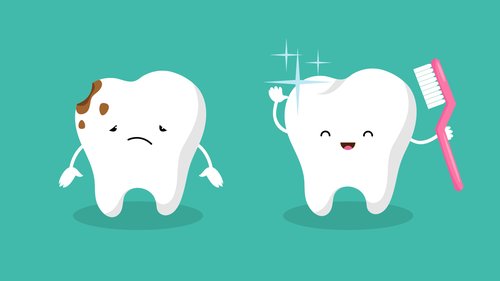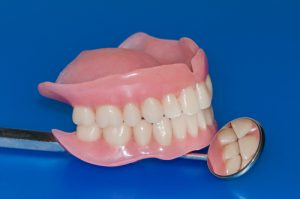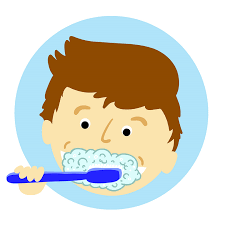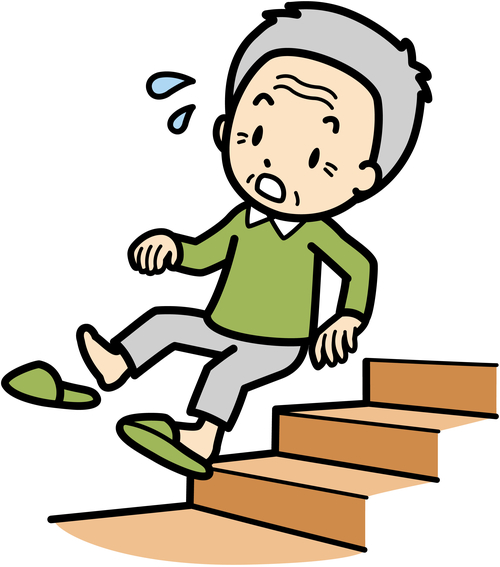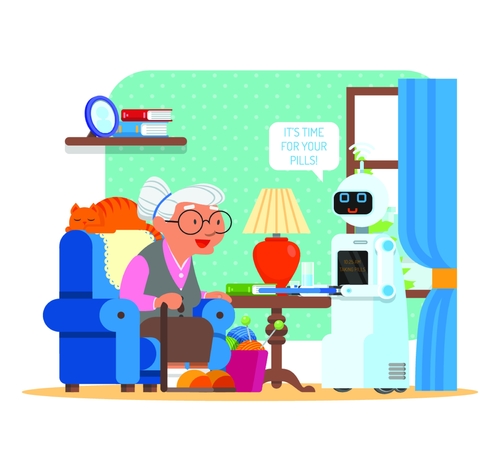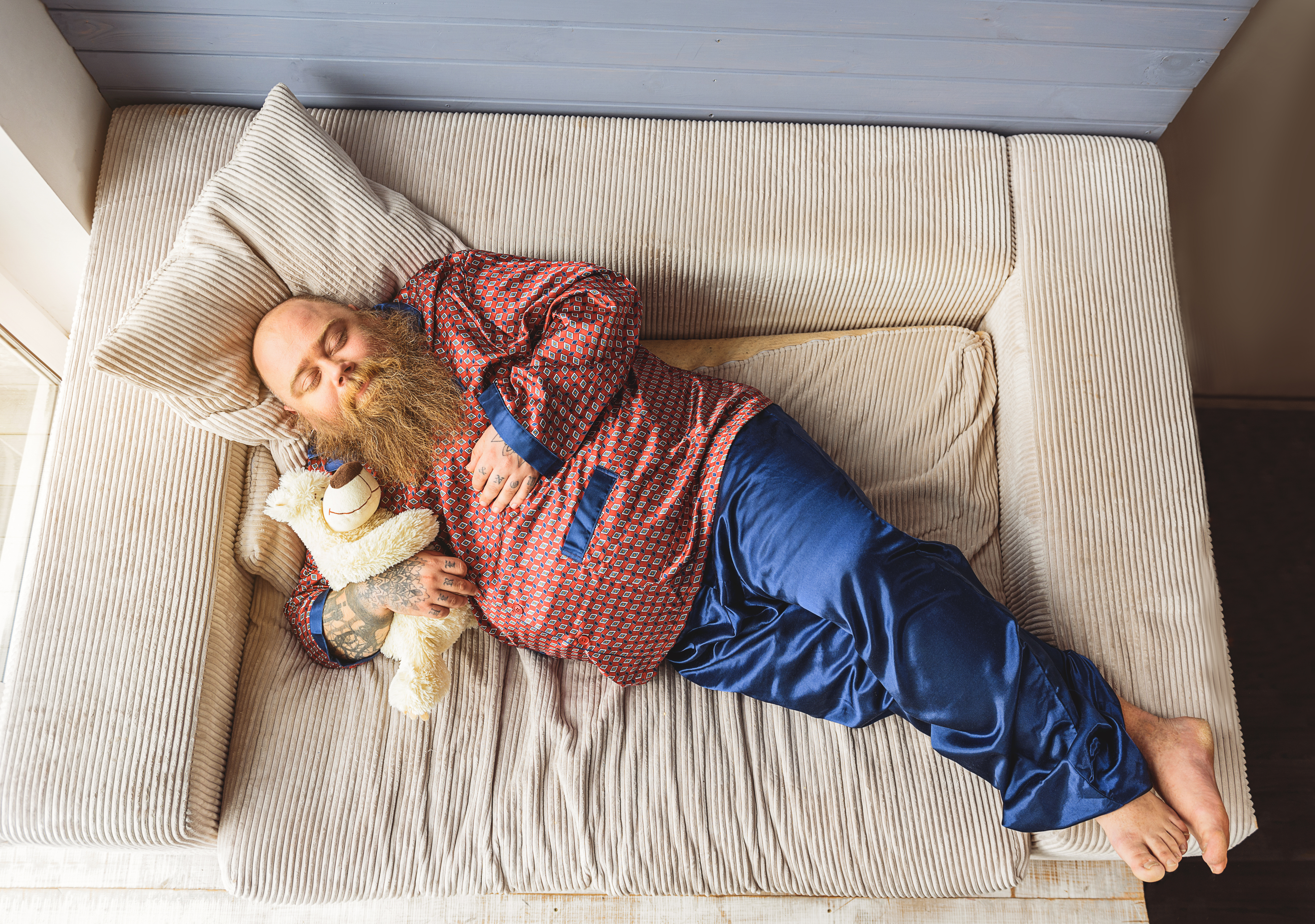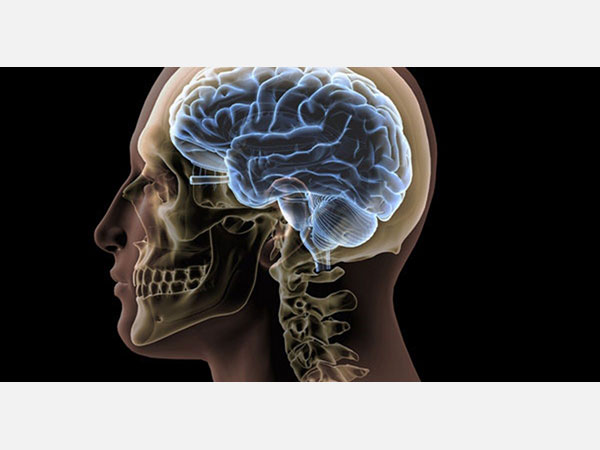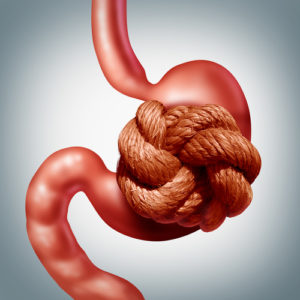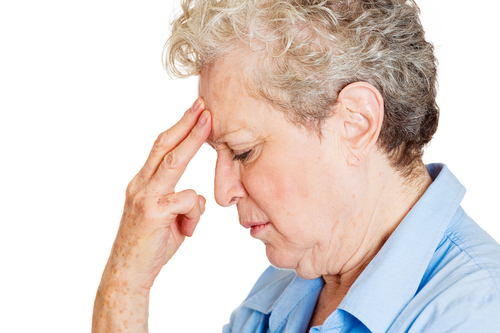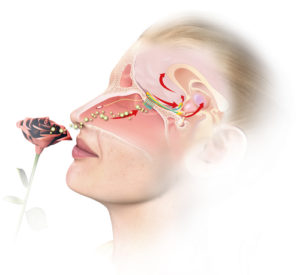It’s easy to forget your health when life gets busy. While you’re younger, it doesn’t seem like such a big deal, and things slide by. You don’t think about how it all adds up when you’re older, after all, you’re living in the moment. Luckily, there are shortcuts to living healthier until old age that you can incorporate into your everyday life.

24 Shortcuts to Living Healthier Until Old Age
You can choose to incorporate a few of them or all of them into your daily life.
1. Check Your Ancestors
While history repeats itself is a cliche, it also speaks the truth. You should start asking your family members about your ancestors. Start a family tree that lists all known illnesses or causes and age of death. You can even do DNA tests and create records of your blood pressure, blood glucose, cholesterol, and vitamin D levels.
The more you know, the more you can prepare.
2. Drink Coffee
Yes, you can enjoy a cup of coffee. It’s rich in antioxidants, polyphenols, and phenylindane, the last of which may help fend off Alzheimer’s and Parkinson’s disease. Having coffee has been linked to reduced risks for different cancers, heart disease, and type 2 diabetes.
Make sure to have your coffee without sugar or processed syrups, and having too much milk can dilute the antioxidants.
3. Walk Faster
Going for walks is good, but if you go at a brisker pace, it could be possible to have a better memory and a healthier, longer life. Try speeding up until you are a little out of breath or sweaty. The best type of walk is outdoors for a half an hour. Being outside gives a dose of vitamin D and light.
Walking in the morning could even help you make better decisions during the day.
4. Exercise in Green Spaces
Trees create phytoncides, which lowers blood pressure, reduces stress, and boosts immunity. Microbes in forest soil have been found to reduce depression and can add to the health of our microbiome. All you need is a fifteen-minute walk to enjoy the benefits.
5. Fast Every Day
It may surprise you, but our bodies have adapted to go without food for a short amount of time. It can even be useful to not eat for a little while. Intermittent fasting is a proven method for a longer life. It may fight against Alzheimer’s, type 2 diabetes, and weight gain.
There are different forms of fasting, and it’s best to find one that fits your lifestyle. The extended overnight fast of 14-16 hours may be the easiest to do. It also improves gut health.
6. Build Muscles
We’ve talked before about how building up muscles throughout your life is essential. After turning 40, you lose muscles at a rate of 1% a year. This increases your risk of heart attacks, strokes, and osteoporosis.
Research found that seniors who do twice-weekly strength training lived longer and with less illness than those who don’t do any.
7. Read
Reading has been linked to a longer, healthier life. A Yale study of 3,600 people over 50 found that reading increased longevity by almost two years. Book readers outlived newspaper and magazine readers. Just thirty minutes a day can help you.
8. Push Off Retirement
While retirement is tempting, a 2016 study discovered that people who work a few extra years live longer. Researchers speculate that this is because working usually has social interaction, movement, and a sense of purpose. Other studies have linked retirement to loneliness, depression, and poorer health.
9. Don’t Stop Learning
It may be surprising, but old brains can build new neurons and synapses like young ones. It works best when you force yourself to learn new things. The brain loves new things, and it triggers the creation of neurons. The harder the thing is, the more rewarding it is for your mind.
10. Nap Often
People who nap are shown to have better attention and focus, and better memory and non-verbal reasoning. Nappers are also better at sleeping at night. The key is to have a power nap, around thirty minutes. Longer naps may make things harder for you.
11.Clean Up Your Medicine
Don’t hang onto old medicine that you don’t use or need. Clean out any unneeded anticholinergics, which are found in antidepressants, bladder drugs, medication for Parkinson’s disease, some antihistamines and travel sickness pills. High levels of anticholinergics indigestion have been connected to Alzheimer’s.
Don’t do this without talking to your doctor first.
12. Only Vitamin D and Zinc Matter
It’s easy to get swept up with all the vitamins and supplements available, but other than Vitamin D and zinc are the only ones that actually do anything. Vitamin D is the perfect vitamin for aging well, while zinc can reduce how bad coughs and colds are.
13. Avoid Pollution
This may be hard to do, but pollution is the biggest threat to our ability to age well. Lots of research links it to lung cancer, heart disease, dementia, hypertension, and diabetes. Try avoiding congested roads, switch to an anti-inflammatory diet, invest in a good quality air purifier and move it throughout the house, and fill your home with plants that can fight pollution.
14. Use Olive Oil
A four-and-a-half-year study using 7,000 older people at risk of heart disease found that eating an olive oil filled Mediterranean diet had 30% fewer instances of heart attacks and strokes. Olive oil has also been connected to improved lipid and cholesterol levels, lower blood pressure, slowing the progression of breast cancer, reduced bone mass loss, and better blood glucose control.
15. Build Bone Density
Research has shown that professional tennis players have a higher bone density in their serving arm than their non-serving arm. The best exercise for bone density is jumping. Try jumping ten or twenty times a day with a 30-second rest between them.
Other high impact exercises like running or skipping increase bone density. Resistance training, like lifting weights, boosts bones without the pressure on the joints.
16. Make Friends
Loneliness is a silent killer that’s just as bad as any other disease. Research connects social isolation to dementia, heart disease, stroke, depression, and a 29% greater risk of dying. It’s not just the quantity of friends. It’s the quality too. Make sure they make you feel good and keep you positive.
17. Be Kind to Your Immune System
Instead of weakening as you get older, the immune system works harder. It overworks and creates inflammation in your body when it meets an illness. Inflammation speeds up the aging process.
70% of your immune system is in your stomach, so you need to have good stomach health. Support your immune system through a diet of dark leafy greens, cabbage, broccoli, garlic, leeks, onions, and mushrooms.
18. Change How You Eat
How you eat can be more important than what you eat. For example, try to eat earlier than later. Eating early allows digestion to start before bedtime, meaning less disturbed sleep. Make sure you eat more slowly too; this makes it so that we don’t need to eat as much to feel full.
Grazing and snacking make it so that your digestive system is always working and making insulin. This could lead to insulin resistance, which is a precursor to diabetes.
19. Turmeric, Turmeric, Turmeric
This is a natural anti-inflammatory spice that’s been linked to a reduced risk of Alzheimer’s, cancer, and liver disease. It’s also antiseptic, antibacterial, and full of antioxidants. Curcumin, turmeric’s active ingredient, counteracts low-grade chronic inflammation that comes with age. It can also reduce the pain of arthritis, improve liver function, and give some relief from irritable bowel syndrome symptoms.
20. Meditate
Meditation reduces stress and promotes empathy. Just fifteen minutes a day is enough to strengthen the caps that protect our DNA and have a good impact on blood pressure levels.
21. Eat More Fiber
People who have a high fiber intake from fruit, wholegrain bread, and oats, are the more successful agers. There could be two reasons for this: fiber slows the digestion of food, therefore keeping insulin levels in check. This, in turn, reduces inflammation. The other reason is that some types of fiber ferment in the body, creating short-chain fatty acids, which also reduces inflammation.
It can also help with cholesterol levels, help with heart health, lowers colorectal cancer risk by moving food through the gut quickly.
22. Avoid Blue Light at Night
Electronic devices can mess with our circadian rhythms. The screens make blue light, which wakes you up in the morning. At night, it can reduce the production of melatonin, which is a vital sleep-inducing hormone.
23. Look After Your Eyes
Make sure to eat a diet of foods rich in macular pigments. This means anything bright yellow, orange, or green is the best source. Regular eye tests are critical after age forty. Changes in your eyesight can happen quickly. Wear good sunglasses on bright days and take breaks from screens if you are in front of them a lot.
24. Stay Positive
As we’ve talked about before, people with positive attitudes towards aging do better than those with negative attitudes. Negativity causes stress on the body, which can impact heart health, sleep quality, weight, and cognition.
Read more here.
